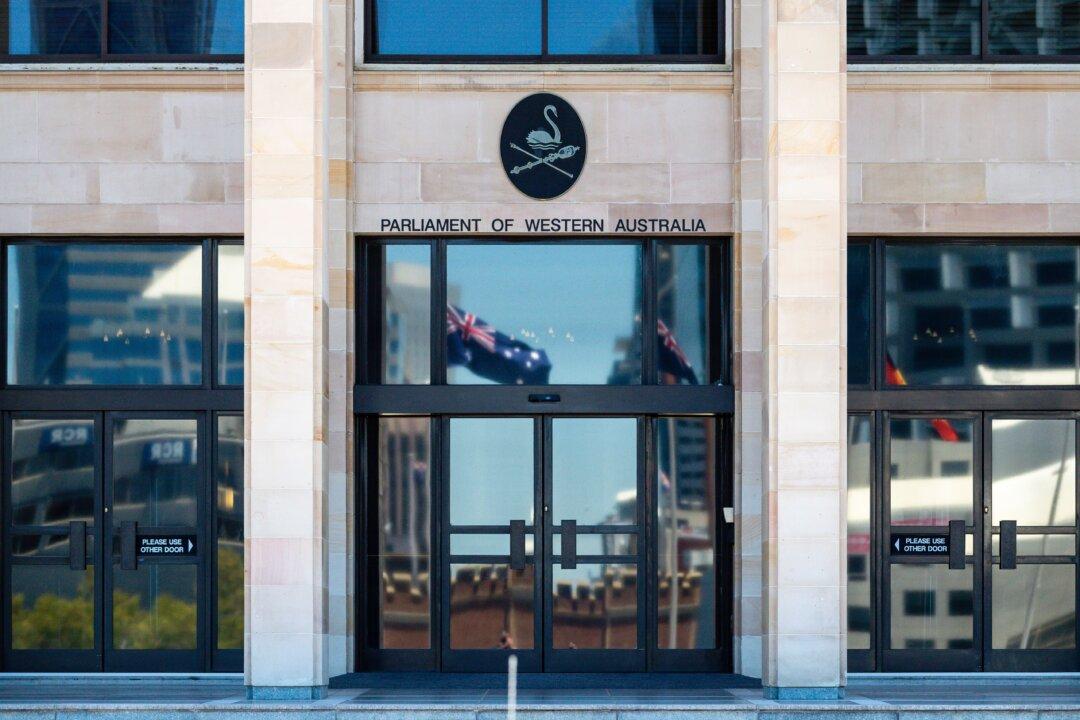Commentary
Australia’s recent developments makes one deeply sceptical as to the current political system’s ability to promote accountability. Moreover, one wonders how much accountability is in evidence now that a former “Vaccine Commander” and a former “Chief Health Adviser” are appointed the governors of Western Australia and Queensland, respectively.





